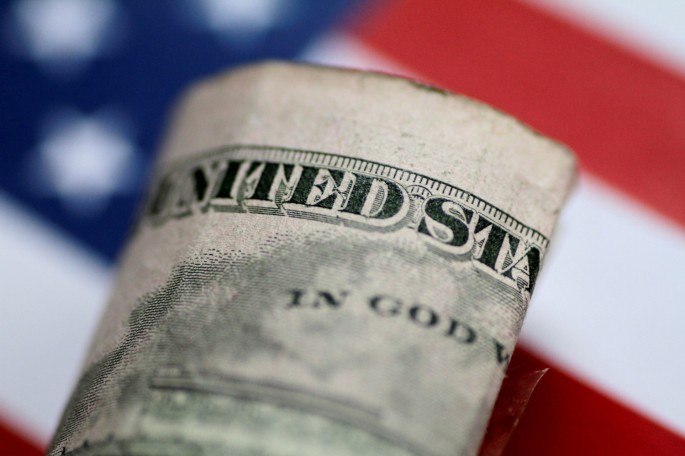The dollar was mixed against major peers on Tuesday, gaining against the yen and commodity currencies, with investors biding time ahead of a policy decision by the Federal Reserve on Wednesday.
The yen, meanwhile, struggled after the Bank of Japan kept monetary policy on hold and projected that inflation will fail to reach its key 2% target through early 2023.
Trading in currencies was largely subdued ahead of the Fed's two-day meeting, which ends on Wednesday, when no change to policy is expected.
Graphic: Federal Open Market Committee projections - https://fingfx.thomsonreuters.com/gfx/mkt/xegpbxgbjpq/Pasted%20image%201619510880234.png
The market will pay close attention to comments from Fed Chairman Jerome Powell, who is likely to address concerns and questions about whether improving economic conditions warrant a withdrawal of monetary easing. Analysts, however, expect Powell to stick to the Fed's ultra-accommodative stance, which should weigh on Treasury yields and the dollar.
"The Fed is widely expected to maintain current policy settings on Wednesday, but traders are well aware that a hawkish shift - an acknowledgement of underlying economic strength - could trigger renewed dollar upside," said Karl Schamotta, chief market strategist at Cambridge Global Payments in Toronto.
"If signs of optimism leak through in the official statement or during the press conference, investors are likely to bring tapering expectations forward and drive Treasury yields upward. Awareness of this risk is keeping traders parked in the dollar," he added.
In afternoon trading, the dollar index, which tracks the U.S. currency against six peers, was flat at 90.897, after dipping to the lowest since March 3 overnight at 90.679.
The dollar added 0.6% to 108.72 yen against the Japanese unit, another safe-haven currency, continuing its rise from the seven-week low of 107.48 reached on Friday. Action Economics noted in its blog that the currency pair closed above the 50-day moving day average of 108.367 for the first time since January, a sign of strength for the dollar.
Japan last week declared a third state of emergency for Tokyo, Osaka, and two other prefectures to contain the pandemic, clouding prospects for a fragile recovery and the yen's outlook.
The dollar has fallen nearly 3% since late March as U.S. Treasury yields traded in narrow ranges after retreating from a 14-month high of 1.776%, slashing the currency's rate appeal.
The euro was little changed at $1.2087, not far from the two-month high of $1.2117 reached on Monday.
The commodity-linked Australian dollar, a barometer of risk appetite, eased 0.5% to US$0.7765, after a sharp rally overnight that took it just shy of a five-week peak.
The offshore Chinese yuan slipped 0.1% to 6.48 per U.S. dollar, after rising to a seven-week top of 6.4710 per dollar on Monday.
In cryptocurrencies, bitcoin hit a high of $55,354.59, following a 10% surge on Monday amid reports JPMorgan Chase is planning to offer a managed bitcoin fund.
That snapped a five-day losing streak that had taken the digital token to the cusp of $47,000, with losses accelerating amid worries about U.S. President Joe Biden's plan to raise capital gains taxes. Bitcoin was last up 1.5% at $54,883.
Ethereum, the second-largest cryptocurrency in terms of market cap, hit a record high of $2,683.65.



























